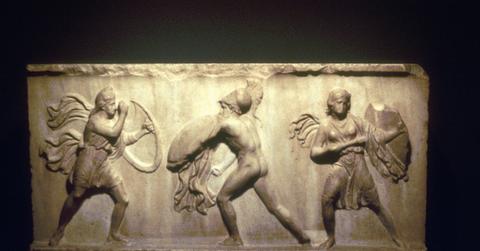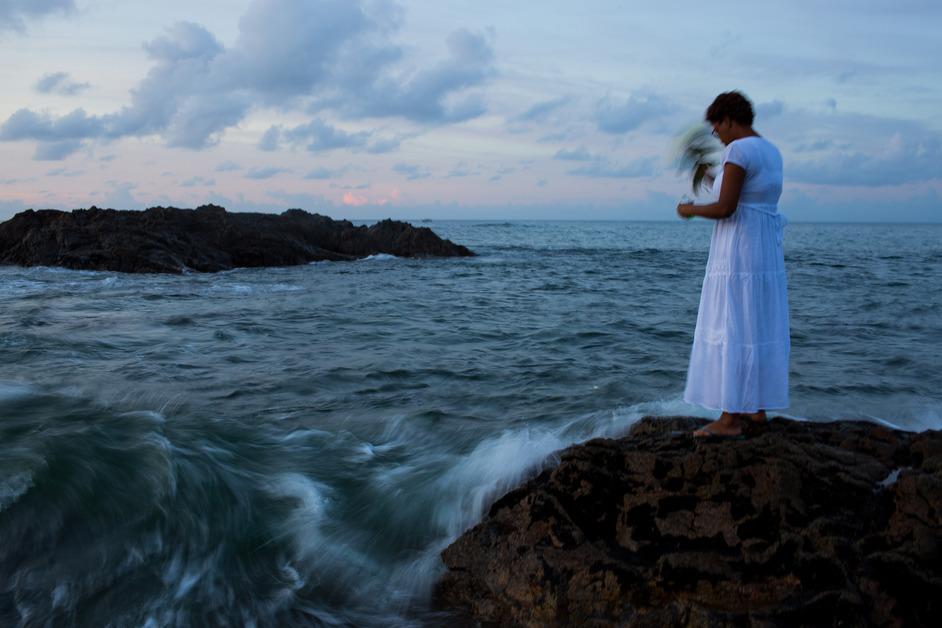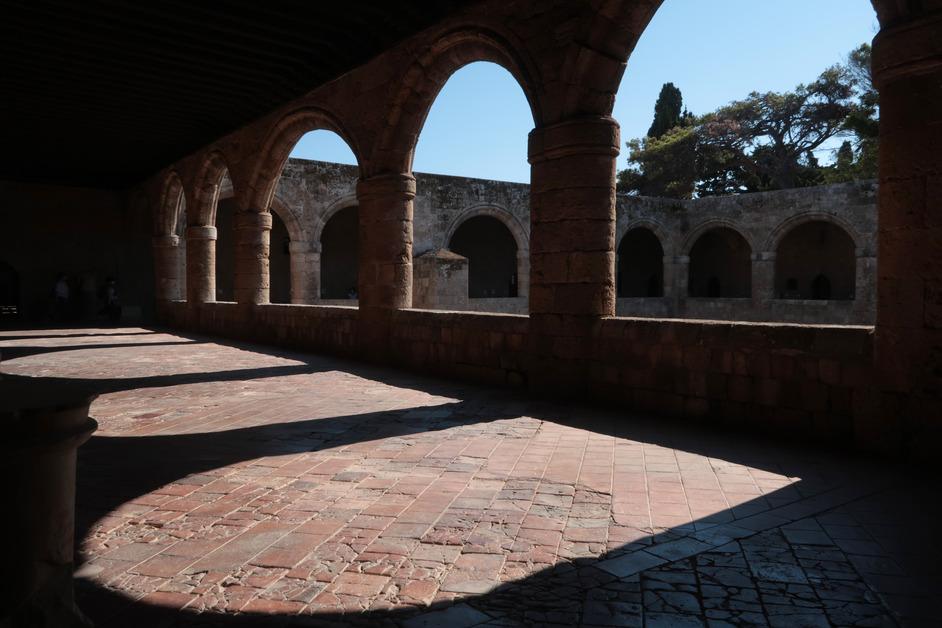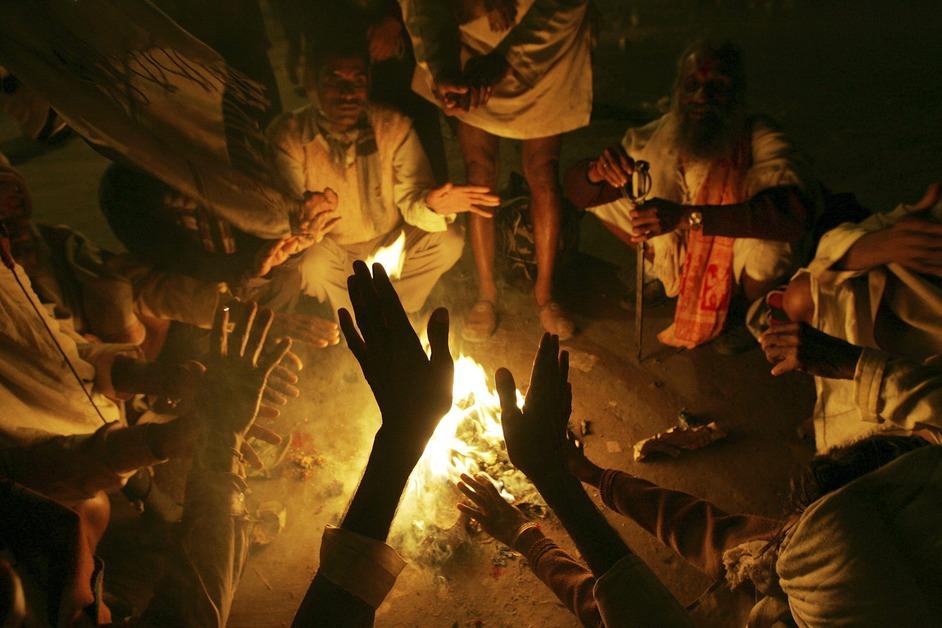How Environmental Greek Gods and Goddesses Relate to Climate Change — a Lesson in Mythology.
Updated Dec. 7 2022, 2:50 p.m. ET

Understanding the climate crisis is a lesson of human hubris, and in Greek mythology, there is often a similar lesson, through the stories of the environmental gods and goddesses. Tales that maybe do not seem so mythical sometimes parallel what is happening today.
Looking at the different environmental gods and goddesses, maybe there is something to be taken from their stories.
Gaia is the goddess of the earth.
According to Greek mythology, Gaia (or Gaea) is the embodiment of the earth, as per Britannica. Before her, there was only Chaos, or the origins of the universe.
She is what brought life to the planet, creating the sky, the oceans, the mountains, and the land — the first Divine beings.
To many today, Gaia is seen as the archetype of the earth itself. The earth personification is honored in many environmental movements but also cultures throughout history, such as the Maori Sky Mother, Papatuanuku, or the Roman concept of Terra. However, it remains constant as a way to honor the sacredness of the environment.

Poseidon is the god of the sea.
Familiar to many, Poseidon is the god of the sea, and husband to Gaia. His name can be translated as “husband of the earth.” In addition to ruling the sea and almost all water, he is the god of earthquakes and horses.
Antaeus is the son of the earth and the sea.
Greek mythology says that Gaia and Poseidon gave birth to Antaeus, a giant whose strength came from touching the earth. In the essay “Leap,” an excerpt from the book The World As We Knew It, science journalist Meera Subramanian writes that Antaeus' reliance on this power was not only his strength, but eventually his demise.

He would challenge strangers to wrestle him, and when faced with the god Heracles in combat, Antaeus was lifted off the ground, and separated from his strength until it drained out of him completely.
Antaeus’s death offers a resemblance to our modern climate crisis. Maybe it is the persistent heat or flooded streets that are reminders of our mortal weakness, that we are at times caught in the delusion that the natural elements are at our will, and we are not at theirs. Or, there's the fact that we are not only willing participants in the demise of the environment but of our own humanity as well.
The god Prometheus created humans, and the possibility for humans to sustain themselves.
The human perspective sometimes can seem like man is the center of the universe, that the planet’s sustainability does not affect us, and that there is no need for urgency because we are actually separate.
According to Greek mythology, the god Prometheus created human beings to be similar to gods. And once he saw our fragility and vulnerability, he then created fire, hoping that humans would survive on the planet, as described by the Institute for the Future of Education.

What can be learned from these stories?
Through the lens of climate change, the poor treatment of water, land, and air reads as a disregard for Prometheus’ generosity. Beyond this, the personification of the elements not only gives us pause to allow veneration for nature, but it allows us to sit with the guilt of how we have treated it.